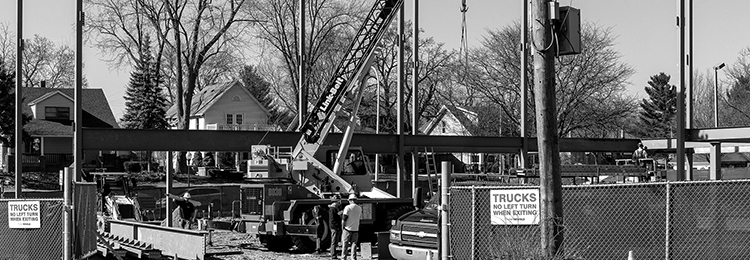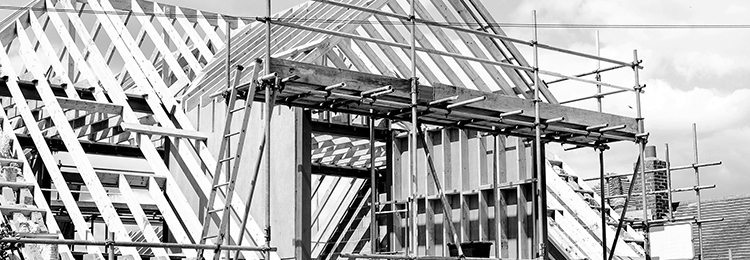For a business owner or general contractor, saving money on the job-site is always a priority. And it’s often the preventative measures—safety equipment, labor scheduling, materials planning, etc.—that have the greatest impacts on cost-effectiveness. Frequently overlooked as cost-saving measures, fleet telematics and dashcams play key roles in two aspects of business financials: everyday operations and claims-related risk management.
Ken Bunn, assistant vice president for claims at Builders Mutual, describes how these fleet tools can protect your business around the clock, ultimately boosting your bottom line.
Telematics for everyday smart
Many new vehicles come with onboard telematics systems, which combine GPS technology, diagnostics, and monitoring sensors to track, log, and report vehicle data. But even if you don’t have the latest-model smart car (or truck), telematics can be added to your business vehicles—whether you have one or 30—to chart and assess their performance and operation.
Telematics impacts daily and long-term operating costs in a variety of ways. The data shows you when, where, and how the vehicle is being used. For example, are drivers where they’re supposed to be when they’re supposed to be there? You can also keep a check on fleet optimization. In other words, if you have several trucks and see that two of them are going within three miles of each other, you can combine those trips into one next time to reduce gas and manpower time.
Of course, there are safety and security aspects as well. Telematics helps ensure there is no after-hours driving by employees who take home company vehicles, because this off-the-clock driving affects expenses and risk management. And, should a vehicle ever be stolen, the GPS will show right where it’s located for quick recovery. Moreover, there are app connections that indicate preventative maintenance schedules, including which actions are required that are specific to that vehicle’s usage (instead of the generic manufacturer’s recommendation).
Finally, telematics also tracks and assesses general driving behavior to identify negative habits such as gunning the engine or using aggressive braking that not only are bad from a safety and risk perspective but also have negative impacts on vehicle maintenance and wear and tear. Plus, in and of itself, knowledge that data is being collected tends to hold employees accountable for their actions and improve their driving decisions.
An essential “claim check”
Should you be involved in an insurance claim, telematics, along with dashcams, can make all the difference in terms of resolution and fraud identification. It is very difficult to investigate any traffic accident when the version of the events varies from person to person. But dashcams and telematics help tell the actual story and resolve these issues.
Dashcams, which vary in terms of installation complexity, can cost from $60 to $150, but you should always choose one that provides HD-quality video. Base-level dashcams begin recording when turned on, but higher-quality models have motion sensors that activate the camera even when no one is in the vehicle.
One of the most frequent claims involves rear-end accidents. It’s difficult to determine fault when both parties involved say that the other person caused the wreck. And if your company vehicle is heavy (a dump truck or hauling vehicle, for example), the weight does impact stopping distance. But with a dashcam, you would have video evidence of whether or not the other driver cut off your company vehicle. And telematics can reveal speed and braking distance for further substantiation of what really happened.
Because commercial vehicles are higher targets for fraud, sometimes another driver will stage an accident to purposefully go after a “big company” for a potential payout. In these instances, the dashcam will clearly show a car intentionally cutting off a big truck that the fraud-committing driver knows is incapable of quick stops.
Fraudulent or not, it’s hard to recreate an incident based solely on witness accounts. The dashcam and telematics can help you determine the truth, which is especially vital when legal action is taken. Unlike human witnesses, the dashcam information is 100% reliable.
The cost of dashcams and data telemetry sensors is consistently decreasing. So, regardless of the number of trucks in your fleet, an investment in these high-tech tools can improve your business efficiency, safety, and revenue.
Contact your Builders Mutual Risk Management Consultant to learn more about the benefits of dashcams and telematics.




 Find an
Find an